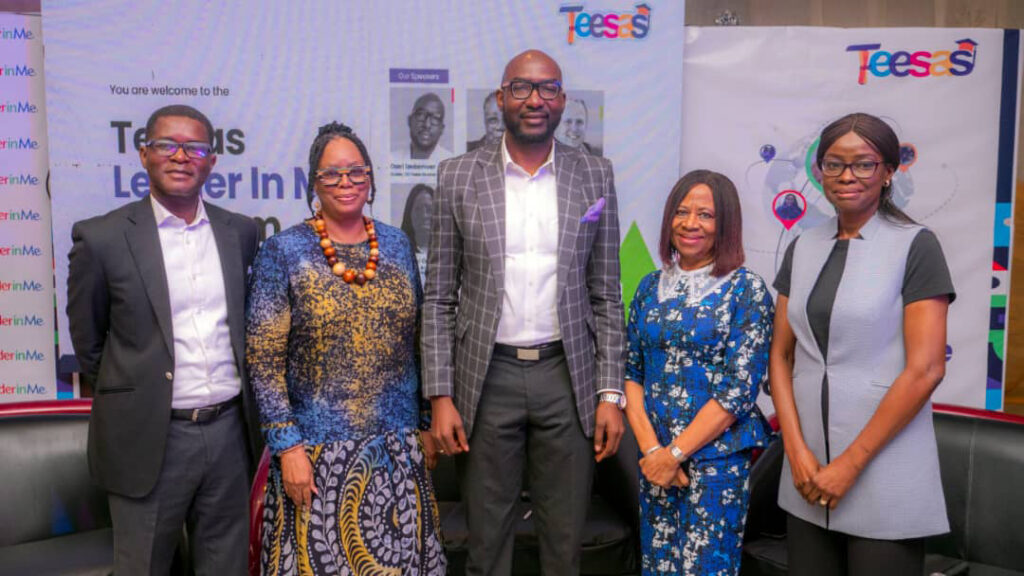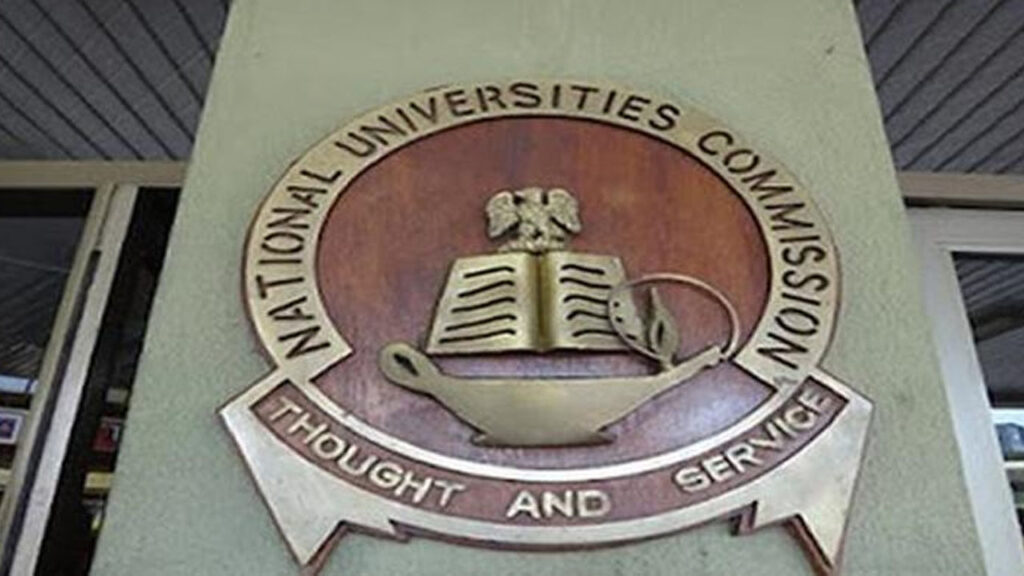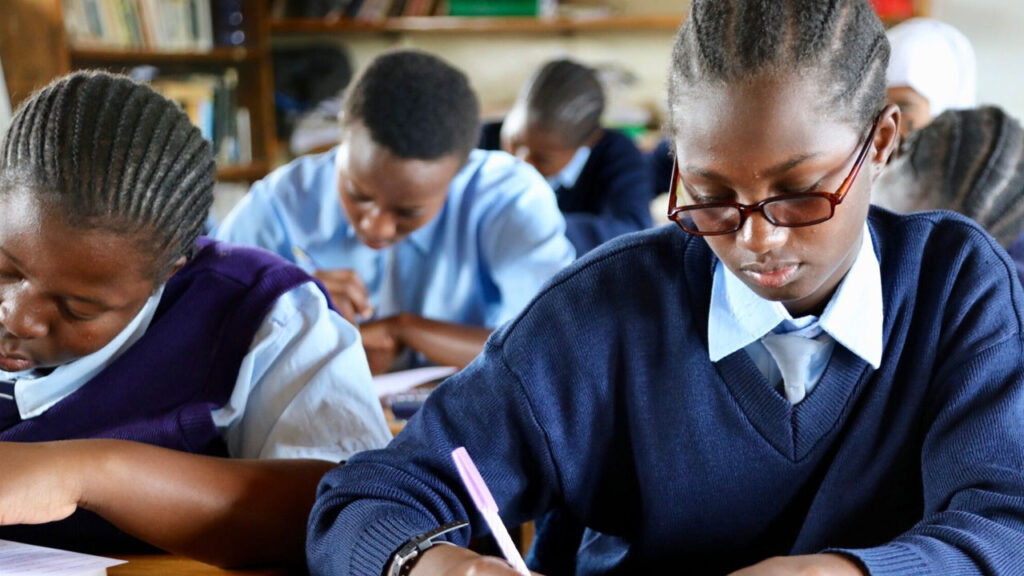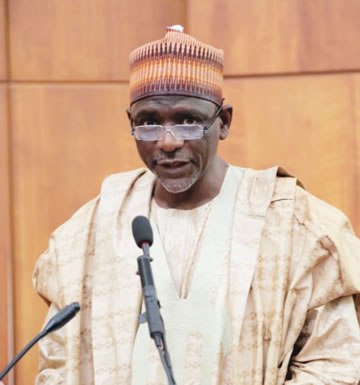
The acting Executive Secretary of the National Universities Commission (NUC), Chris Maiyaki, has assured of effective implementation of the new Core Curriculum and Minimum Academic Standards (CCMAS) by Nigerian universities.
He also restated the commission’s commitment to constant re-evaluation and review of the curriculum to meet current trends.
He spoke at the NUC-British Council workshop on ‘Enhancing curriculum and pedagogical approaches’ in Nigerian universities.
Maiyaki pointed out that continuous curriculum reform is imperative to assist schools respond to 21st-century challenges.
He noted that the new CCMAS, which was launched in 2022, was aimed at making university education more responsive to the needs of society, adding that programmes in the curriculum are a reflection of present realities.
According to him, teaching and learning experiences in the 21st Century are evolving at an unprecedented rate, driven by technological advancements, shifting demographics, and evolving global challenges.
He said: “In contemporary education, teachers have gone beyond the call of duty and taken on completely different modes and pedagogical approaches to their practices. There has never been a better time to re-evaluate our curriculum delivery to make them more meaningful and effective and to proactively contribute to the future of education.
He noted that the theme of the workshop is very apt, coming at a time when the Nigerian university system is confronted with rapid expansion, which must be well managed to enthrone a culture of quality and capacity. “Thus, a workshop of this nature is very helpful in benchmarking and building capacity in these very important areas of curriculum and pedagogy.
He reminded that massive spending on education alone may not always yield the desirable outcomes, and even in a well-thought-out programme, the quality of such an educational system, cannot exceed the quality of its teachers.
According to him, the only way to improve outcomes is getting the right people; developing them into effective instructors and ensuring flexible and creative delivery.
The NUC chief added that improved productivity in the system may be impossible without adequate, responsive, and inclusive curricula and pedagogy.
He said: “The new socio-political global realities and requirements for partnerships make it even more urgent for the Nigerian university system to modernise practices and align with, if not surpass, established standards across partner nations.
“While we are doing this, however, we must be reminded always of the need to attune the curricula to make them fit for purpose. Also, while we standardise methods and practice, we must not be oblivious of our cultural context, diversity, unique attributes, resource gaps and the realities of state,” he noted.
While describing curriculum as the bedrock of education of any nation, Maiyaki said it must align with the current global standards incorporating subjects and skills relevant for the the future.
“The goal is to ensure that students acquire comprehensive learning experiences that meet their needs and prepare them for the demands of the globalised 21st Century workforce.”
He said a well-crafted curriculum experience provides classroom teachers, students and policymakers with a measurable plan and structure for delivering high-quality education.
According to him, an ideal curriculum identifies learning outcomes and core competencies that students must demonstrate before advancing to the next level.
He said: “Continuous curriculum reform has been considered a necessary measure to assist schools respond to a fast-changing world. Initiating such reforms is not without challenges as, sometimes, the actualisation of the curriculum renewal is not fully realised due to the challenges of implementation.”













